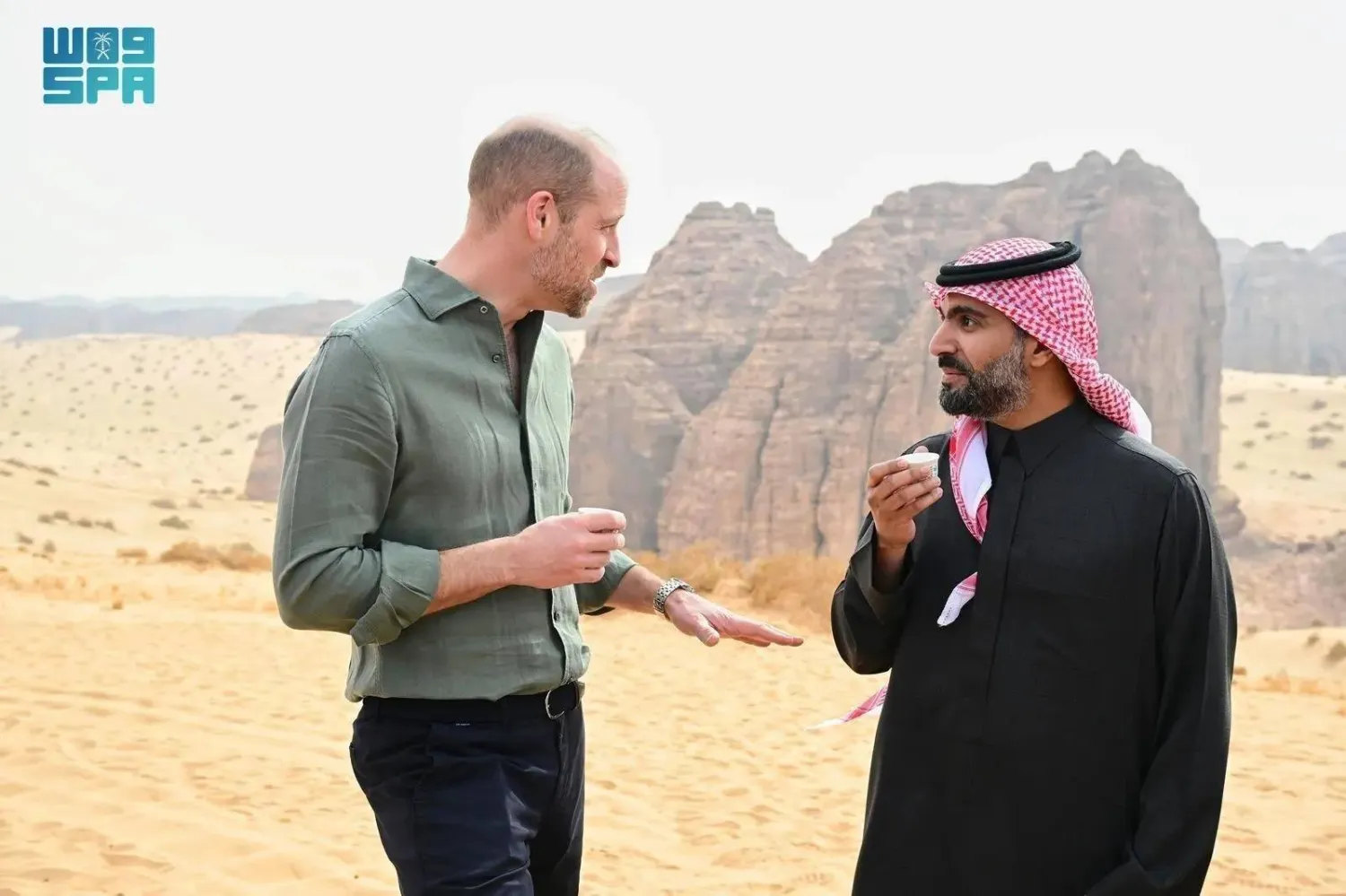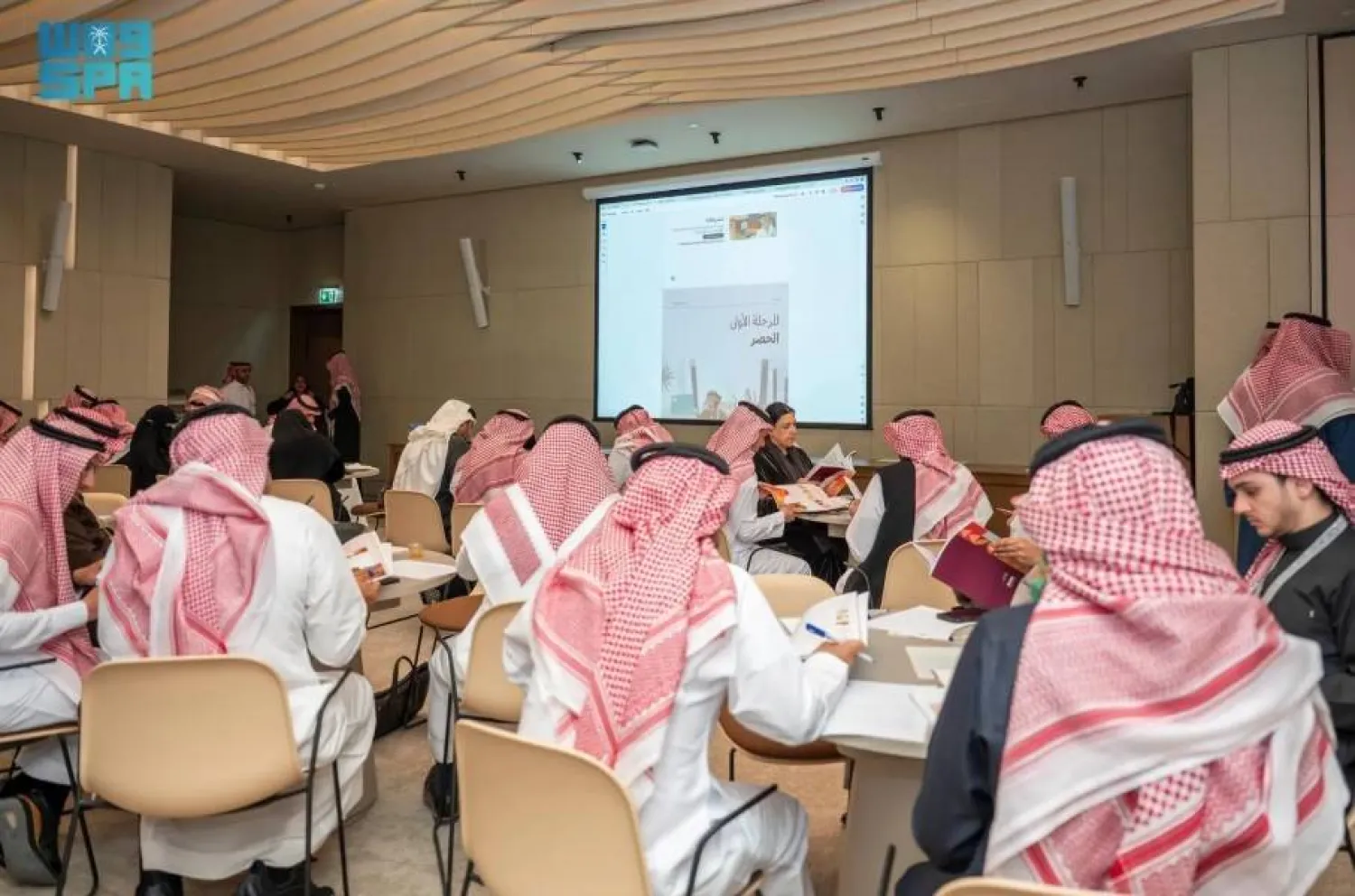A Palestinian chef using ancient cooking techniques a Senegalese restaurant in New Orleans and an upscale Thai restaurant in Oregon won coveted James Beard awards Monday at a red carpet awards ceremony in Chicago.
More than 100 restaurants were finalists across 22 categories for the culinary world’s equivalent of the Oscars with diverse range of cuisine and chef experience, a recent shift following turbulent, pandemic-era years for the James Beard Foundation. Just being a finalist can bring wide recognition and boost business. The most anticipated categories included awards for outstanding restaurateur, chef and restaurant.
Michael Rafidi, whose Washington, DC, restaurant Albi was awarded a coveted Michelin Star in 2022, won outstanding chef among five finalists. Albi, which is Arabic for "my heart," pays homage to Rafidi’s Palestinian roots by using Old World food preparation techniques. Everything is cooked over charcoal, including grape leaves stuffed with lamb and sfeeha, a meat pie.
"This is for Palestine and all the Palestinian people out there," Rafidi told The Associated Press after winning the award. Rafidi, who wore a traditional black and white checkered keffiyeh, said he kept thinking of his Palestinian grandfather, who was also a chef, and how he paved the way for him.
Restaurants apply for the awards. Judges, who mostly remain anonymous, try the cuisine before voting. Nominees are reviewed for the food as well as for a behavioral code of ethics, including how employees are treated. On Monday, winners announced at the Lyric Opera of Chicago venue were given engraved medallions.
The award for best new restaurant went to Dakar NOLA, a Senegalese restaurant in New Orleans.
"I always knew that West Africa has something to say," said chef Serigne Mbaye. "That kept me going."
The James Beard Foundation has bestowed awards since 1991, except in 2020 and 2021 when the organization scrapped them as the restaurant industry was reeling from the COVID-19 pandemic. The foundation was also facing criticism over a lack of racial diversity and allegations about some nominees’ behavior. Foundation officials vowed to improve ethical standards and be more "reflective of the industry."
An upscale Thai restaurant that uses Pacific Northwest ingredients, Langbaan won outstanding restaurant, while Chicago restaurant Lula Cafe, a bistro that opened in 1999 on the city's North Side, won an award for outstanding hospitality.
Erika and Kelly Whitaker, a Colorado couple, won outstanding restauranteur.
Their Id Est Hospitality Group runs several Colorado restaurants including The Wolf’s Tailor, which serves wild game like smoked venison. Their restaurants have a focus on zero waste and sustainability practices.
"We don't particularly chase these awards," Kelly Whitaker said. "But we definitely chase the platform this brings."









